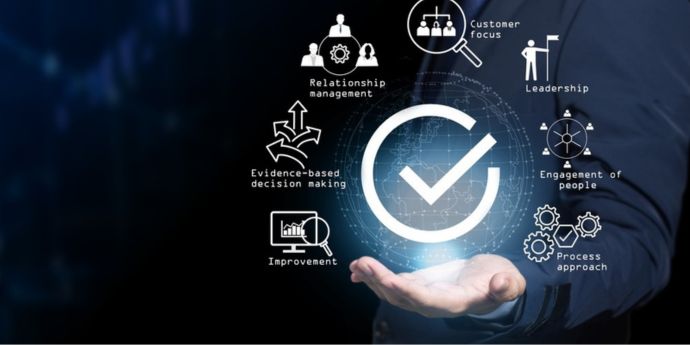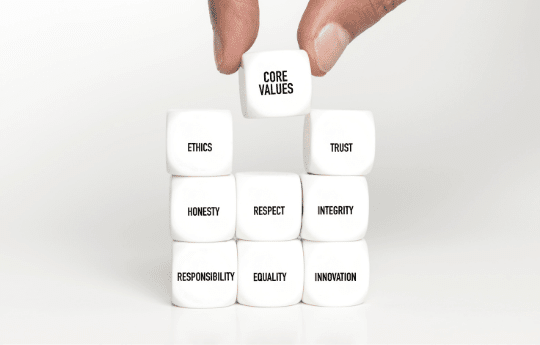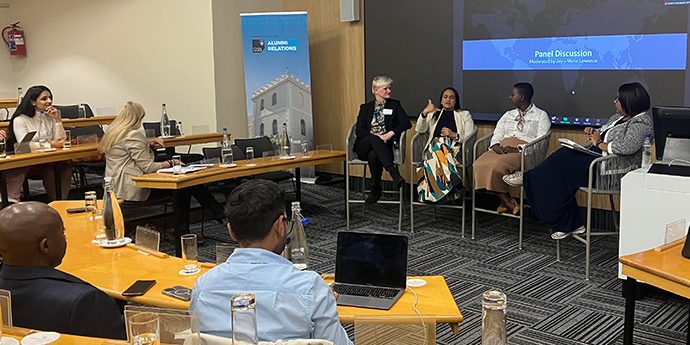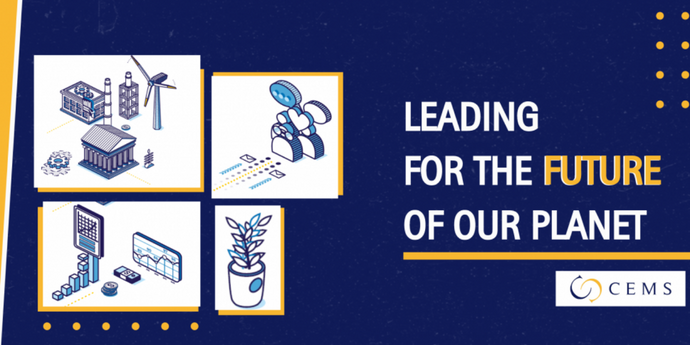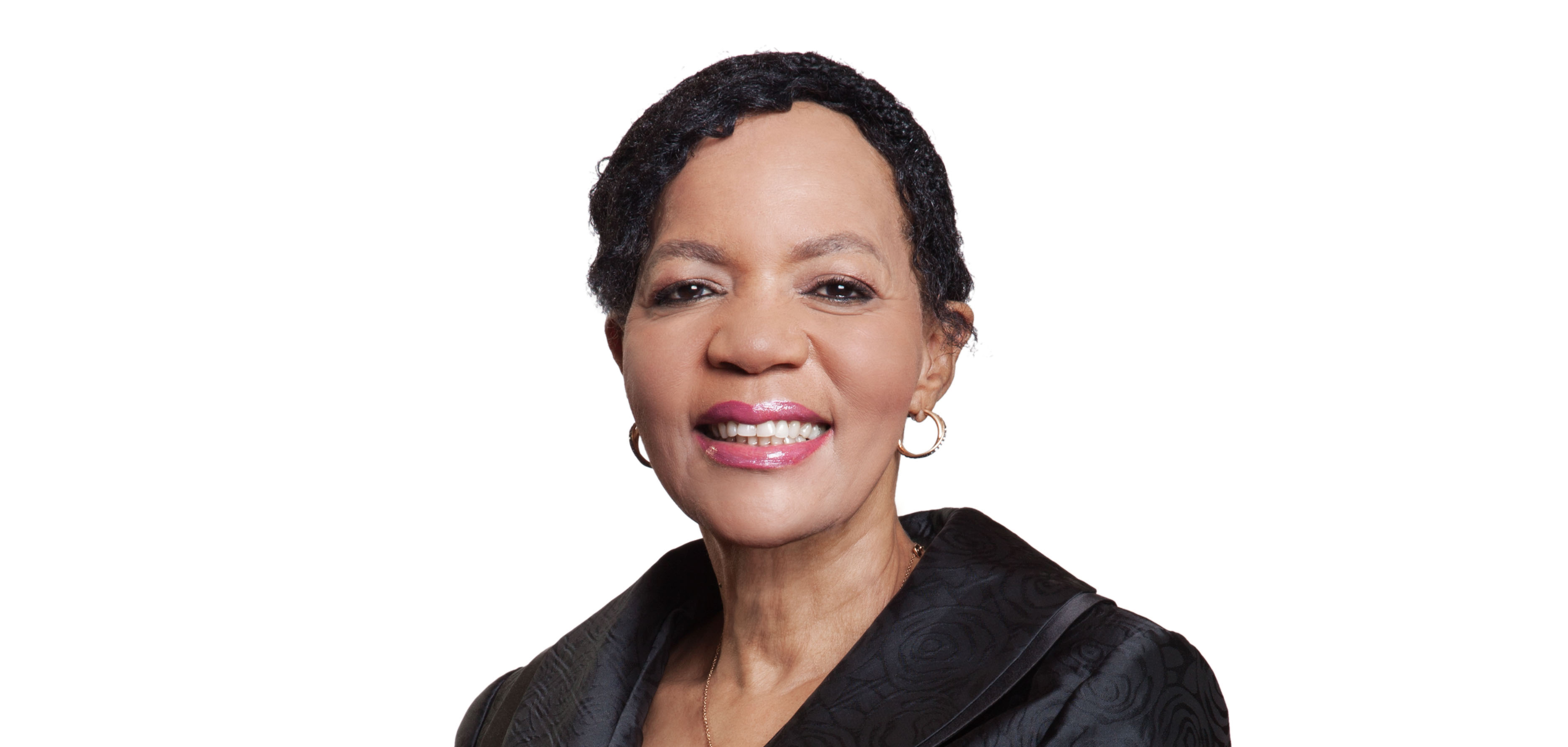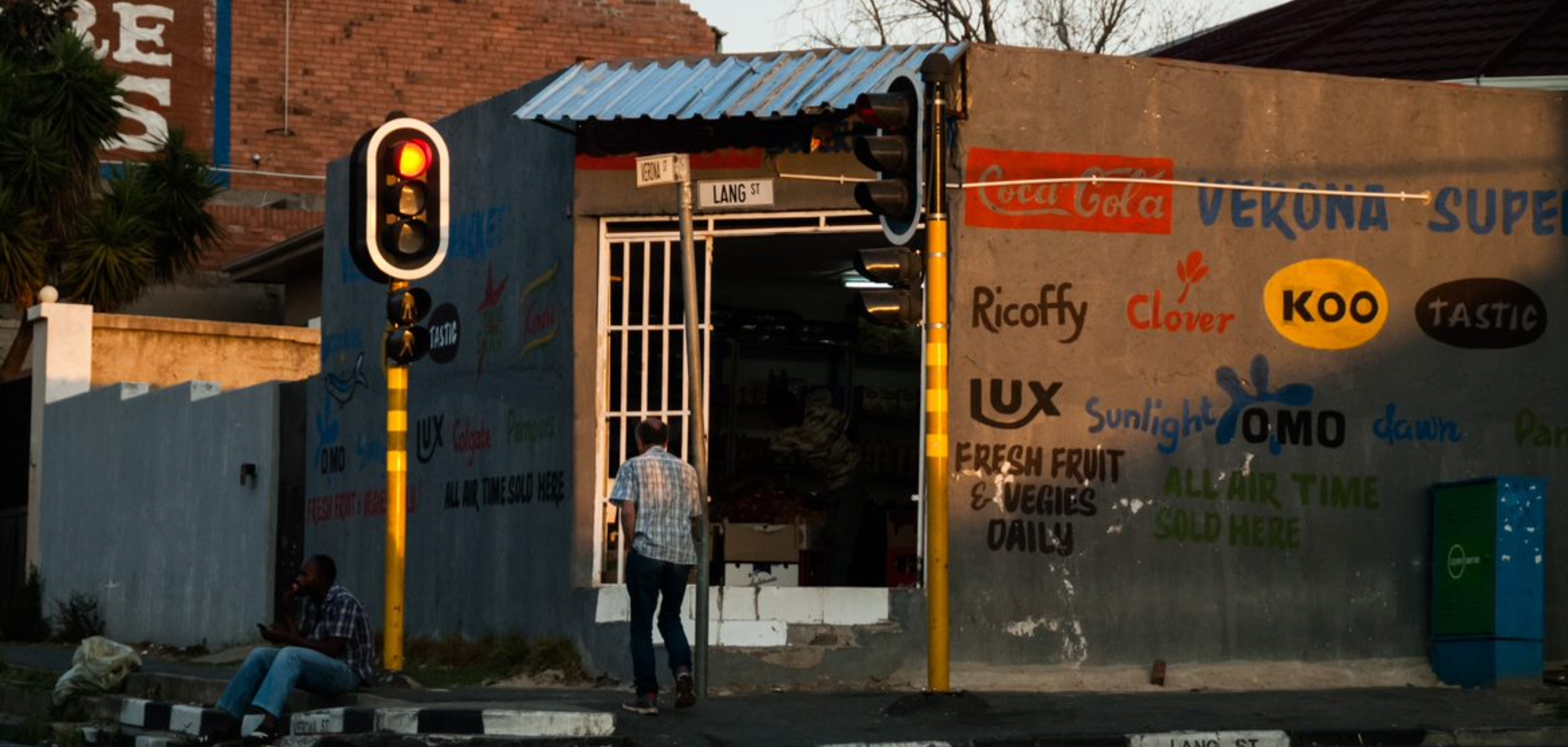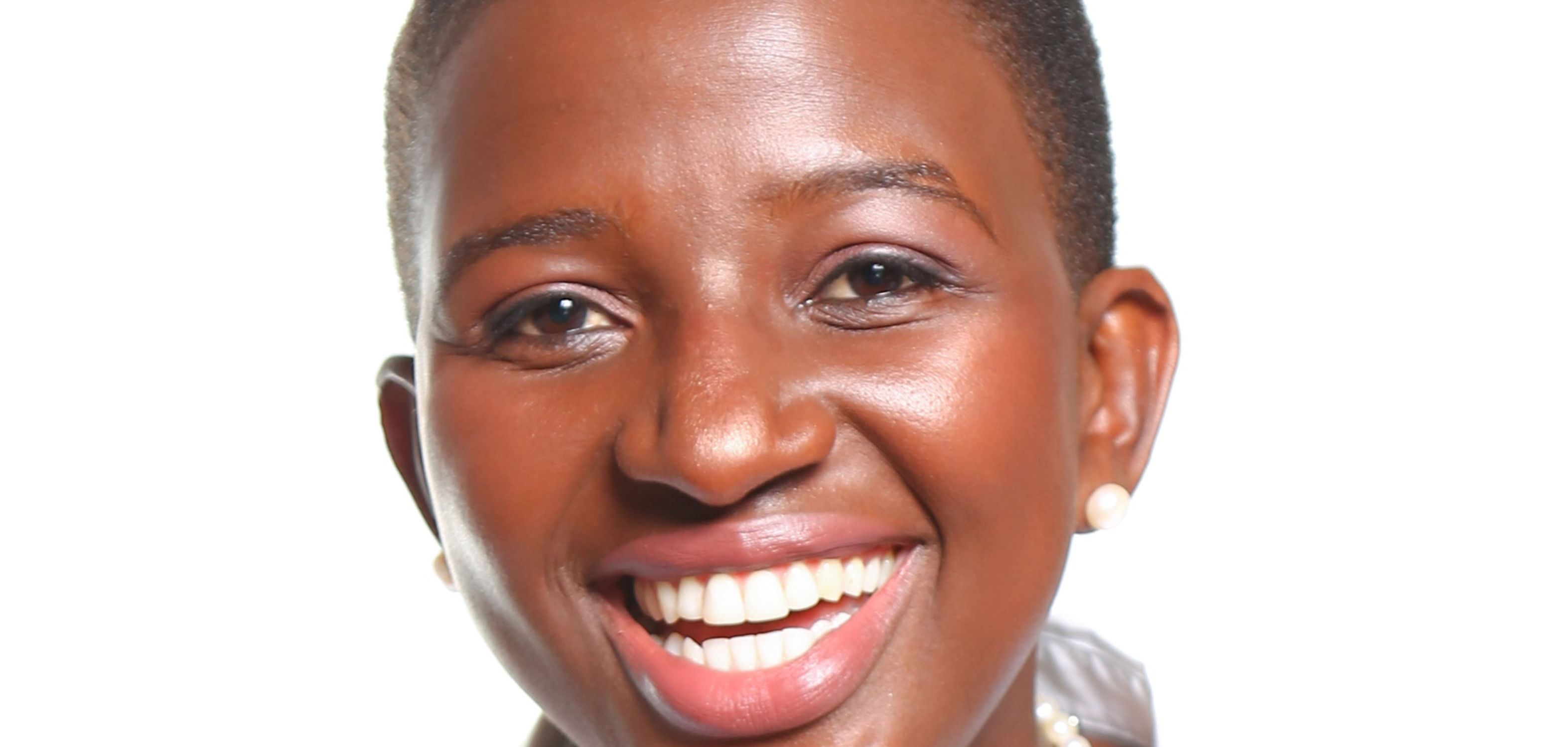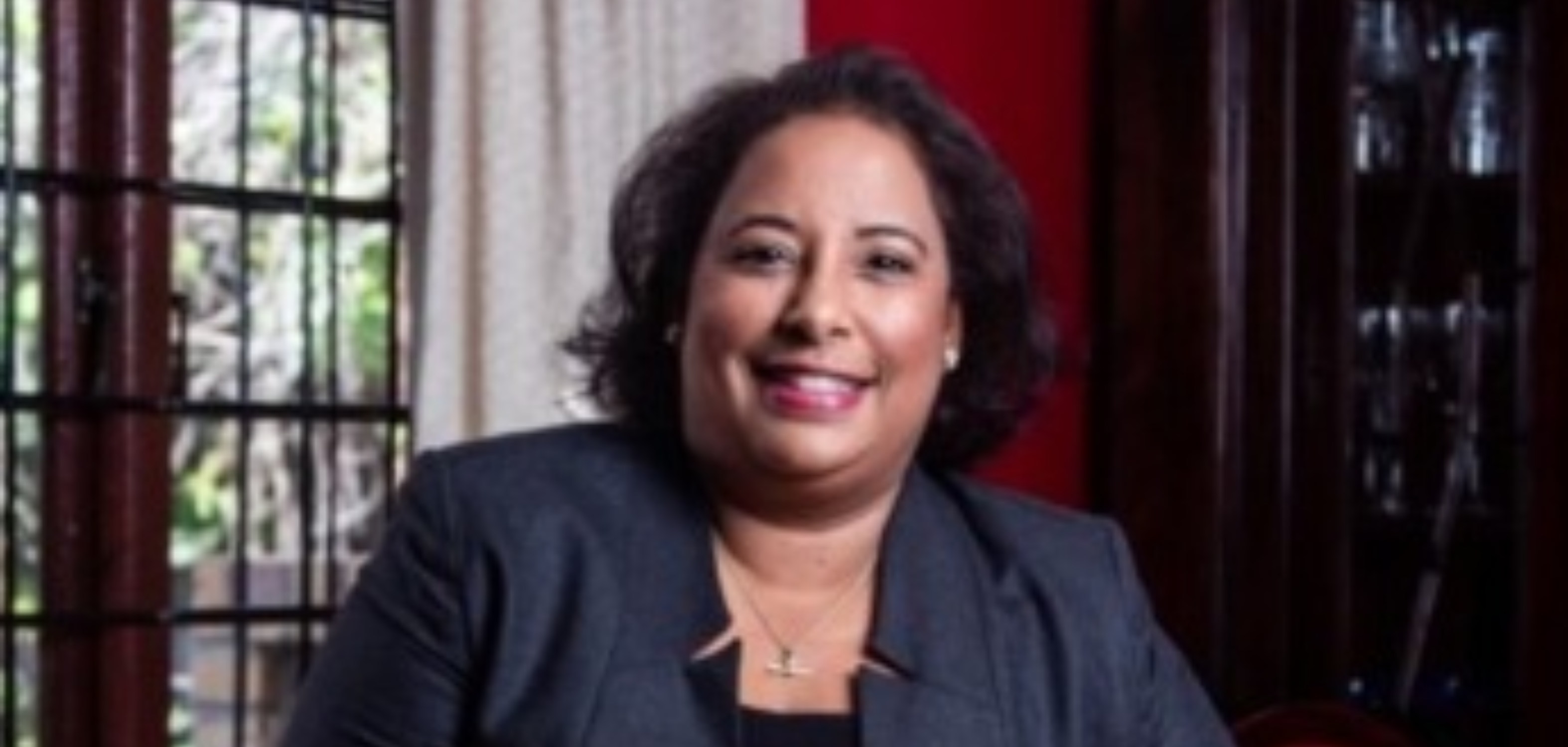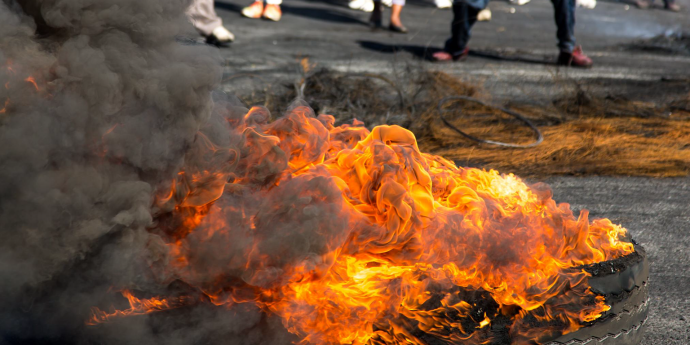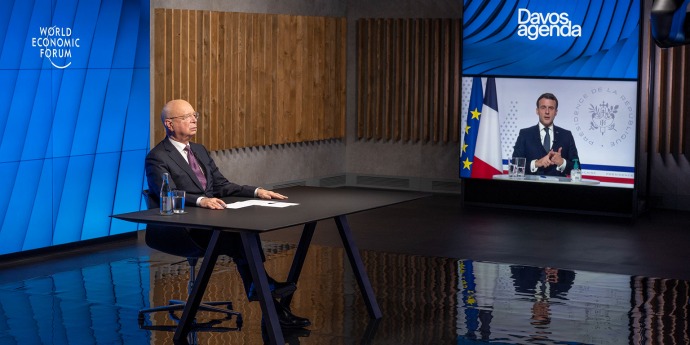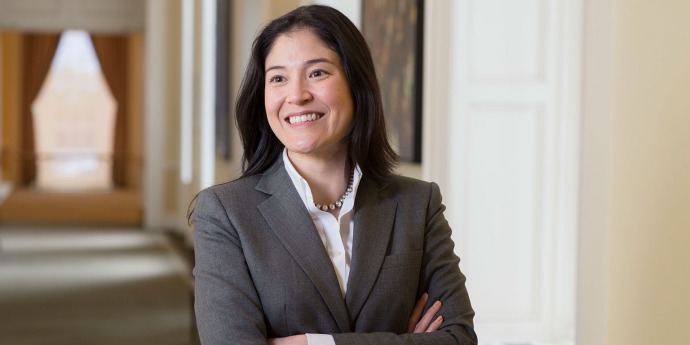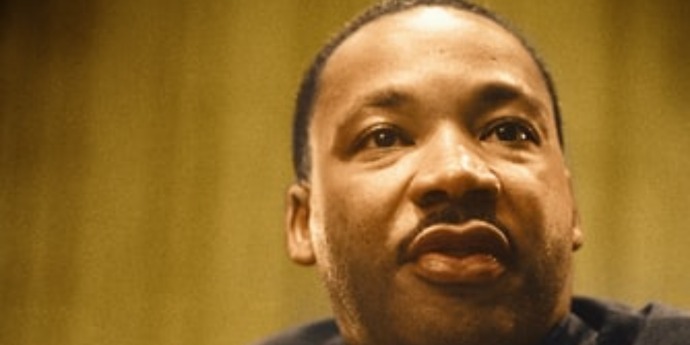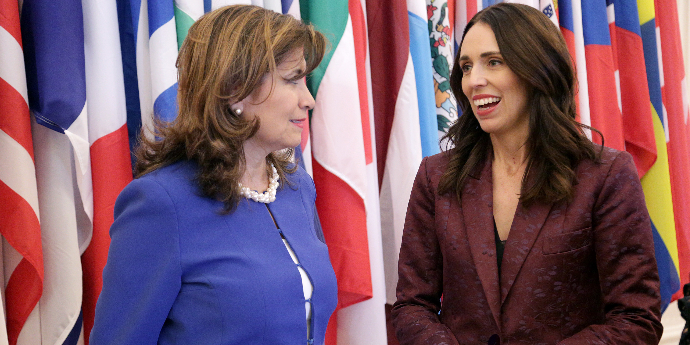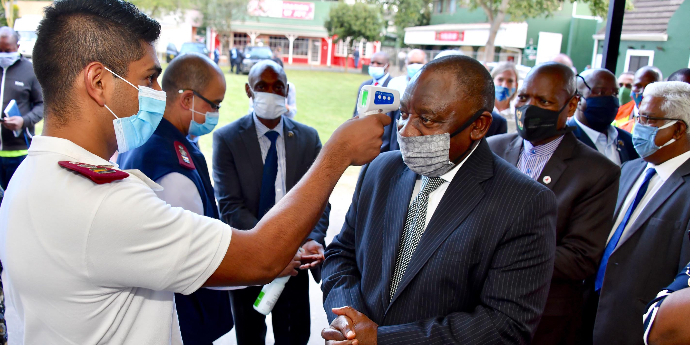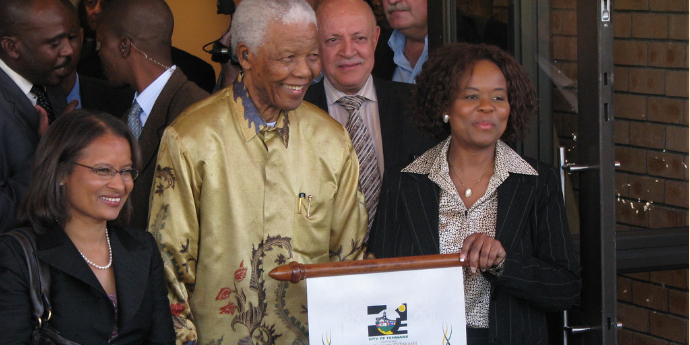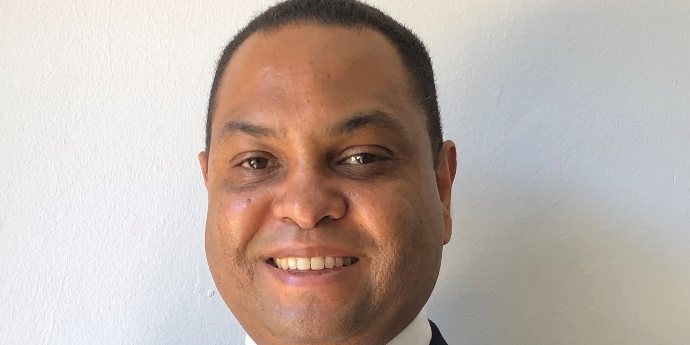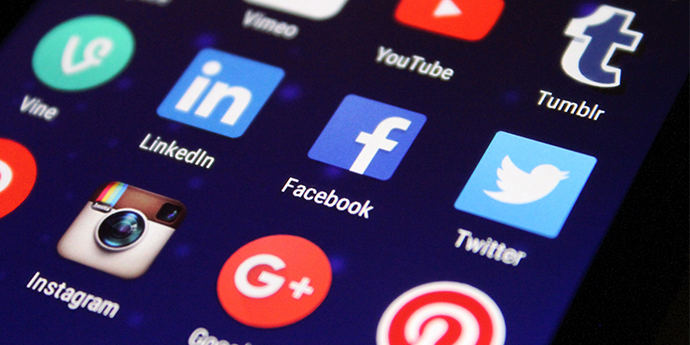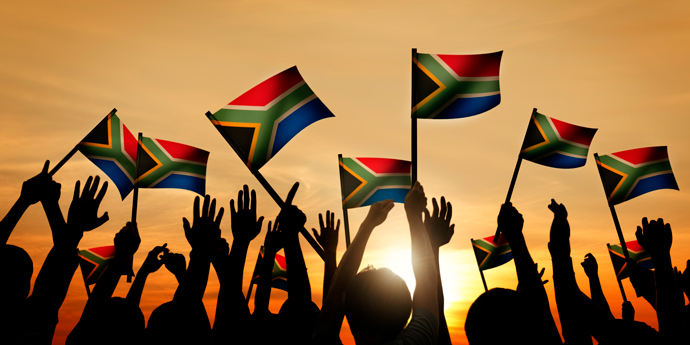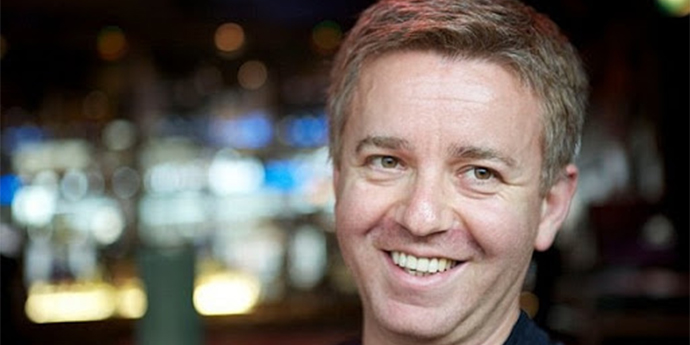Emotionally intelligent leaders will be crucial in helping us to navigate through the COVID-19 crisis and the fallout from the US election chaos.
The contrast between Donald Trump and US president-elect Joe Biden, couldn’t be starker. As Trump holes up in the White House and refuses to concede the election, Biden is quietly getting on with the business of putting in place plans for his transition to power — notably concentrating on the necessity of saving American lives by taking swift action against the surging COVID-19 crisis.
Biden’s plan, which he promises will be “constructed out of compassion, empathy, and concern”, is at odds with Trump’s now infamous remark on the escalating numbers of deaths in the country as “it is what it is”.
One of the things that separates the two men is the often-undervalued quality of emotional intelligence. Decades of studies have shown that emotional intelligence is twice as important as technical or cognitive skills when it comes to leadership. Framing leadership only as 'heroic' is to miss the importance of the subtle craft of the practice. And this is especially true in times of crisis when tensions run high and opinions are polarised; how leaders adapt and respond in such times can make or break an organisation or a country. As renowned author Wayde Goodall puts it: “It isn't stress that makes us fall, it's how we respond to stressful events.”
It takes courage to do the difficult work of a leader
Leading through uncertain times requires great skill and self-mastery — to flow with the flux one needs the ability to manage your emotions in a way that brings out the best in yourself and others. Research has shown that this quality of self-control and an ability to understand and regulate emotions can make overall thinking more effective too.
Emotional intelligence can also give you the necessary courage to do the difficult work of a leader, which is to confront yourself and your limitations as you seek to find your place in the world.
In my years of working with executive development processes, as both a subject experiencing the process, and as an educator curating processes of executive development, I have noticed that there is a fundamental foundation upon which everything else depends. To work honestly in leadership requires a philosophical orientation and ability to extract your awareness from the “tyranny of your own mind”, as psychologist Daniel Goleman famously highlighted. To acquire a philosophical orientation requires understanding of ones being-in-the-world — such insight provides the guardian of reason.
Personal encounters at leadership level can be more bruising and painful than physical injuries. Importantly, this core needs to be deeply embedded in your being, allowing you to reacquaint yourself with a sense of being with life in all its manifestations, emerging, evolving and marching forward, even when you are dislodged from your purposeful pursuit by an emotional incident. It is of course from these moments that we can learn the most.
With familiarity and a philosophical core these moments become easier to recognise and manage despite the emotional affectedness being ever present. Take the following incident where an executive tells how he was caught up in a stand-off with colleagues who are using staff feedback to delve into management and leadership concerns:
“Sam then proceeded to disclose the comments. As she went on, each comment made is harder to listen to. The comments seemed to be a personal attack on my character with accusations of favouritism, not listening to staff, nepotism, and lacking integrity, and so on. I was paralysed by this feedback, overcome with shock and sadness. The cocktail of emotions I felt was overwhelming. No matter how hard I tried to keep this incident from recurring, the thoughts of this episode returned and returned. I left the meeting with my ego bruised and feeling abandoned…”
The event was emotionally draining for this executive. The emotional dissonance was significant, and he felt like he had failed. In the period before lockdown commenced, he remembers that he would wake up in the morning not wanting to go to work so that he could avoid interacting with specific individuals. “I was ashamed, assumed I was worthless, and did not have any confidence to hold my own."
The practice of artistry in everydayness
This executive did manage to explore and work through this challenge. And a sense of finding his ground eventually emerged when he fully understood the kind of leader he was aiming to be together with the phenomenal core of being-in-the-world.
The management scholar and psychologist John Shotter reminds us that the problems of management and leadership are mostly to do with orientation, of arriving at a sense of what the situation is that we find ourselves in. To find this for ourselves, our teams and our organisations, is different to — and harder — than knowing what future cash flows are required to keep an entity profitable. And it is an ongoing process; week after week, day after day, sometimes even hour after hour.
This daily craft of finding orientation is what I refer to as the practice of artistry in everydayness. To have mastery and express originality in your response to your difficulties and experience of being-in-the-world is to show artistry. Our human frailty presents a humble starting point and those who have the grace to accept this, find meaningful ways to evolve their character with their practice of leadership.
Surfing the ebb and flow of life with mastery and originality
It is also important to understand that just like life, leadership and motivation has its ups and downs. To be human is to expect motivation and zest to ebb and flow; and to show originality in the sailing of everydayness.
Sometimes, through the ebb and flow of everyday interactions, the wind can get taken right out of your sails. You might have a bruising encounter that makes you feel unfairly treated, or unappreciated, or shamed or disrespected. These incidents can drop one’s mood and energy rapidly; there is no opportunity to rationally engage the emotion. These moments do of course pass, but it’s the knowledge we have about how to surf these episodes that provides the crucial difference to the length of time we feel disempowered and frozen.
And right now, the world is a bit frozen. The worsening health crisis and the political stand-off in the US could sink the global economy into a deeper recession than previously forecast, and plunge more organisations and companies into chaos and financial crisis. To navigate through these uncertain times, emotionally intelligent leaders that have the grace to accept their own fragility and can help us to get unstuck and move forward with purpose, motivation and zest, will be crucial.
Kosheek Sewchurran is an associate professor and director of the EMBA programme at the UCT Graduate School of Business.

